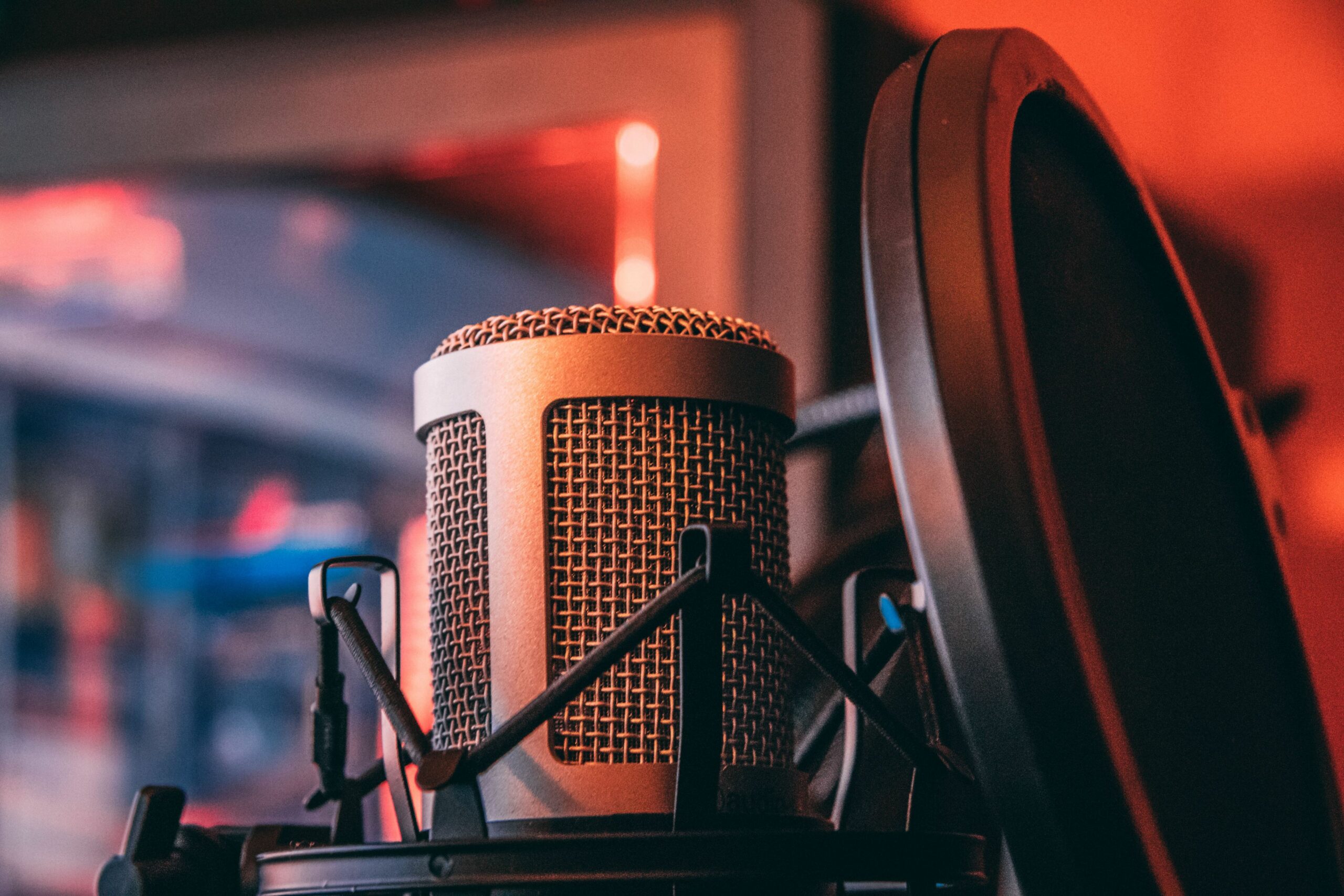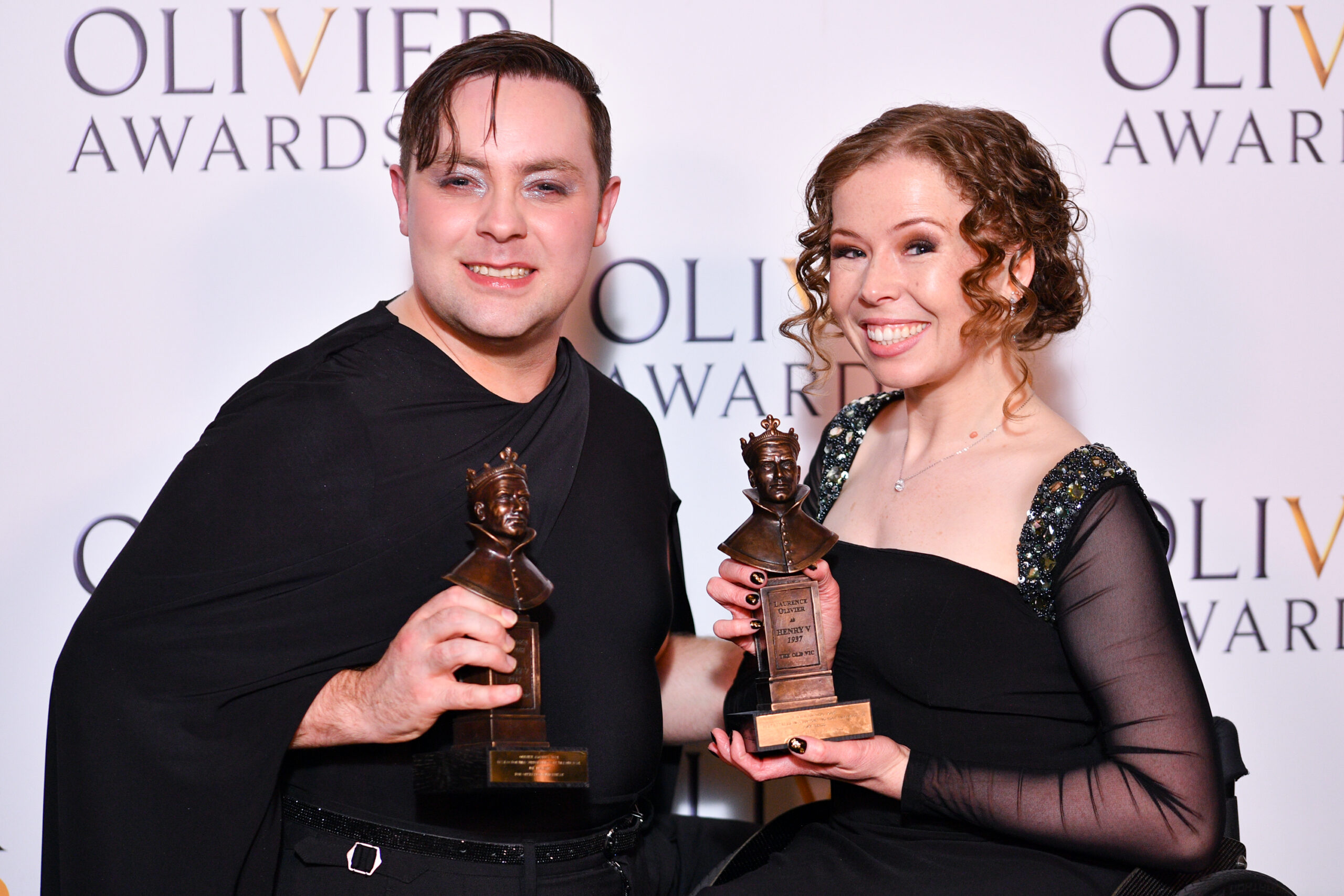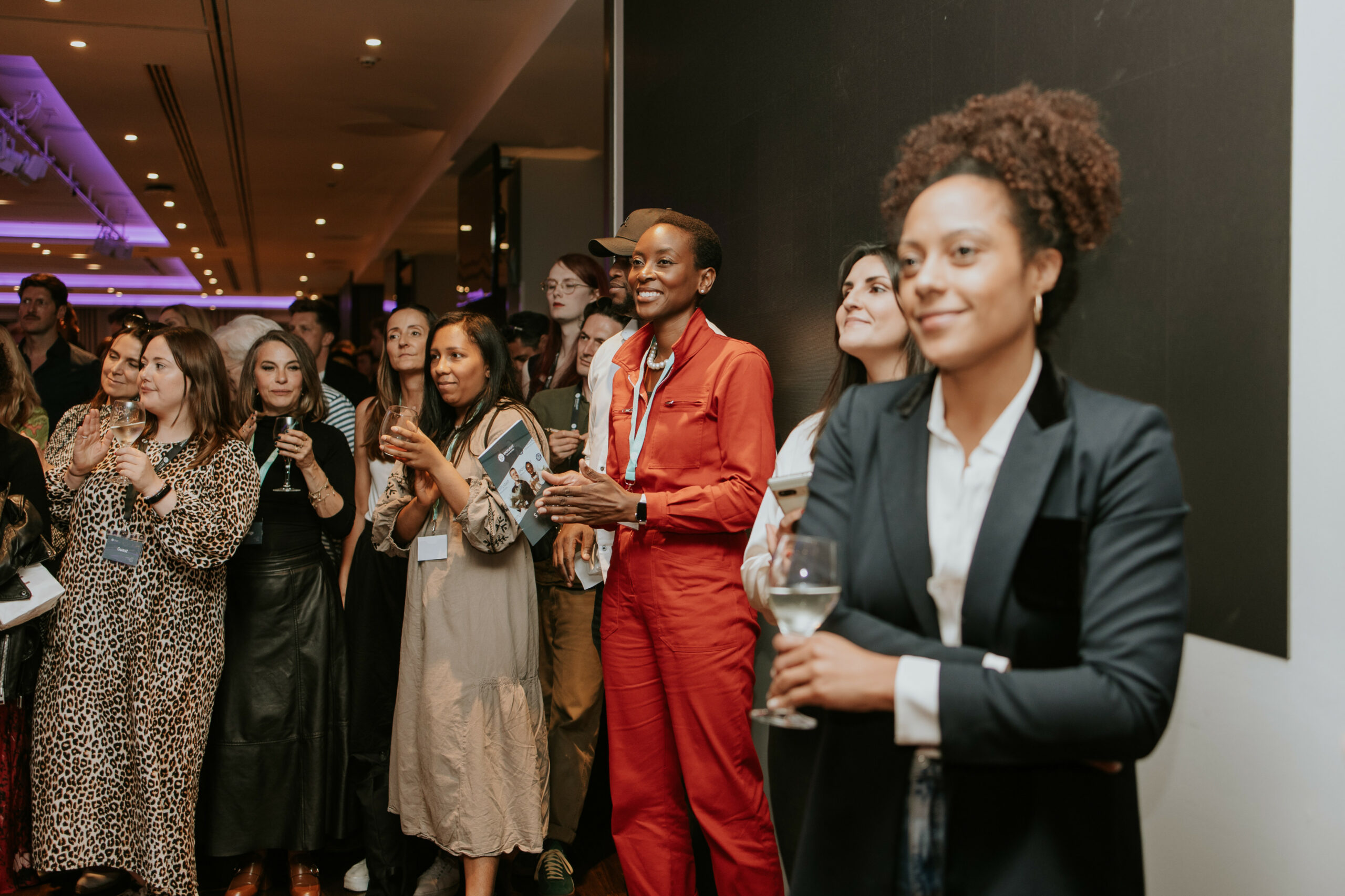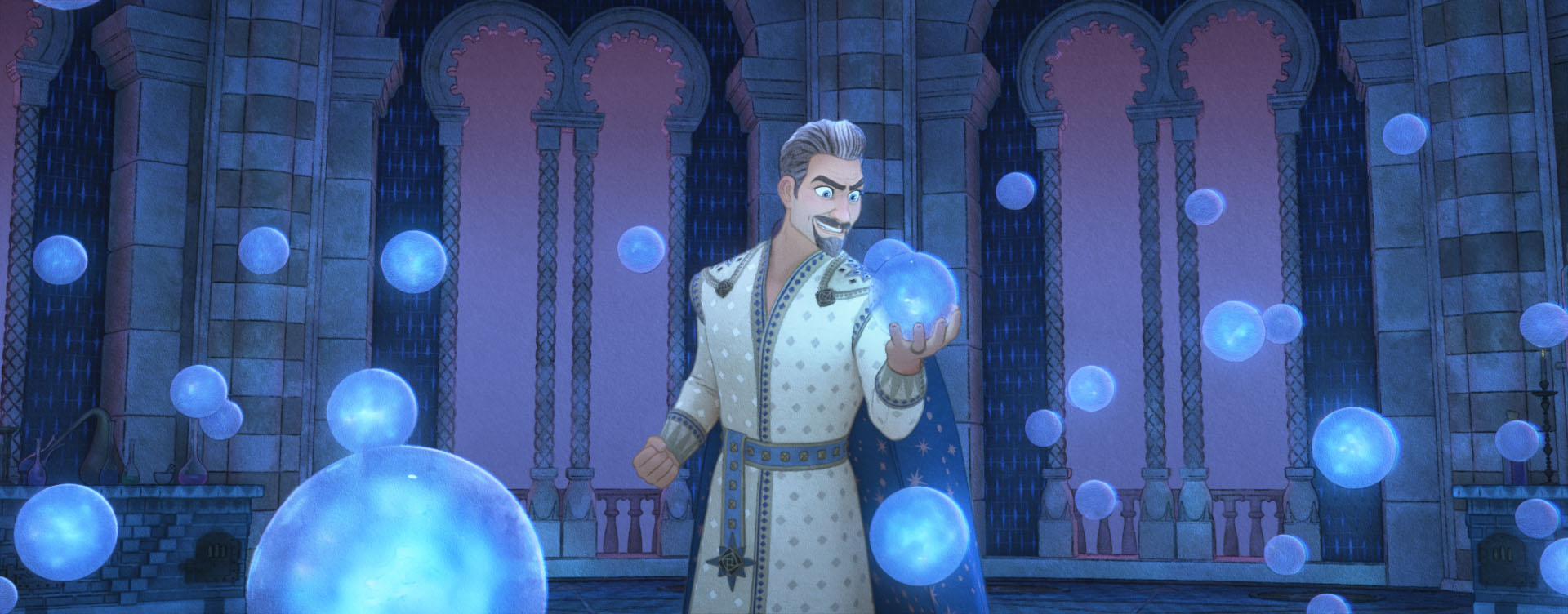As the opportunities in radio and audio drama grow, performers can feel confused as to what skills are required. Award-winning audio writer, director and producer Jack Bowman gives his insight and explains industry jargon.
Getting cast
Voice agents are great to have but audio producers and independent production teams don’t always rely on them to find their cast. Often audio casting directors or producers will be approached directly by performers to ask if they’re taking actors.
Stay ahead of the game, whilst you’re working you can be hustling for your next audio gig. Email audio production companies and remind them that you exist and tell them what you’re doing and what you’ve recently done. It’s worth noting that if you don’t hear back immediately, you should give the person you contacted a couple of months to respond.
Be aware that it can potentially be harder for performers who aren’t household names to find work in December-January and June-August as ‘big name’ performers tend to be more available at these times.
Voice reels
A voice reel is everything for anyone casting audio drama so ensure you have the right type of reel for the right kind of employer. A BBC Radio reel is different from the one Audible or an independent producer will look for. Make sure those reels are on your Spotlight profile, so they are a click away for directors and producers.
Audio terms explained
Director
Directors are responsible for ensuring a scene works creatively. They can, and should, move you around the studio as required to create the right sound dynamics.
Engineer/Technician
It’s an audio engineers job to ensure the tech works. They will tell you if you need to get closer or further away from a mic. As a performer, you shouldn’t play with the technician’s ‘toys’. It is not your job to move or touch the equipment (including the mic), they will do this for you.
3Ding
3Ding means using the space of the studio and distance from the mic to add aspects and intentions to enhance the performance. Your walk up to, and away from, a mic whilst adding sounds or breaths to indicate movement, can help set the scene and sell the story.
Overlapping
Audio dramas are usually performed live with a master take being possibly the first or second recording. If pick-ups are required they will be called for but generally these are hard to edit in. As a rule you should keep your lines clean and try not to talk over scene partners. If you want to volunteer reactions (such as laughter or sighs etc) in reaction to another performer’s dialogue then it is a good idea to ask your director before recording if you can do so. The director may prefer a clean recording as any overlapping required for dramatic effect can always be done in edit.
Wild track
A wild track is an audio recording of a performer’s sound effects such as taking breaths, moans, huffs, groans, laughter etc. It would typically be called for at the end of a recording session with the performer usually performing the effects in isolation from the rest of the cast. In post-production, an editor will edit the effects mix from the wild track on top of the main audio to bring scenes and characters alive.
Act with your ears and not your eyes
Practical tips for performing radio and audio work
Speech pace and volume
When you’re at an audio recording the volume and pace of your voice can help sell the scene. Increasing your volume and pace can sell a high stakes situation whereas leaning into the mic, quieting your voice, and slowing your cadence can create a sense of intimacy.
As a rule, the further away from the mic you are, the louder you can speak. The mic is sensitive so if you plan on getting close to it and shouting, do speak to the technician in advance. Without getting too technical, a gate is a device or software that is used to control the volume of audio and an engineer will need to set the level to compensate for any variation in the volume of your speech.
Think about the pace and space of your speech as the most fun thing you can play with in audio work is silence.
Breathing
It’s common in stage and scene work to take a deep breath before you speak your line to add power to your voice. When delivering a line in audio work you should take a breath, wait a second, and then speak your line. This makes it a lot easier for editors.
Eye contact
We connect with other people, including audiences and scene partners, by making eye contact. In audio you have to fight this instinct as most setups don’t allow you to make eye contact with your castmates. The mic is your audience and that is where you should focus your attention. Act with your ears and not your eyes, stay focused on the mic and don’t seek eye contact with any scene partners.
Leaving a scene
Make your performance dynamic by using the area around the mic to create illusions of space. Walking away from the mic and making exit noises as you ‘leave’ indicates to the audience that you’re exiting the scene. If you are making exit noises then ensure you push your voice towards the mic as you walk away. Your director will be listening to the playback and they’ll let you know if it works (or not).
Mis-reads
If you fluff a line, pause, then restart the line. Editors will cut it out during post-production.
Page turns
If you have a paper script, you need to learn to turn the pages silently as the sound is easily picked up on the mic. One method is to turn your back on the mic, turn the page quietly and then turn back to the mic. Another option is to wait for the last line of the page to be delivered then as a cast, all turn your pages together. No doubt the director will advise you.
It’s worth getting a screen reader or tablet but beware of ‘glass donk’ ie tapping the device loudly to turn the digital page. As an FYI the BBC use woodless paper that is designed to be quiet and is attached in the corner for an easier page turn.
Read more about voice work for performers and working in the audio industry.
Jack Bowman is an award-winning audio writer, producer, director and BBC Studios Podcast producer. He co-created ‘The Springheel Saga’ for Wireless Theatre Ltd and has produced notable titles award-winning titles such as ‘Dead London’ and Audible’s ‘Murder On The Orient Express’.
Jack spoke about working in radio and audio drama at a Spotlight Open House session, which are free for members to attend (spaces are limited). Read write-ups from previous Open House sessions.












